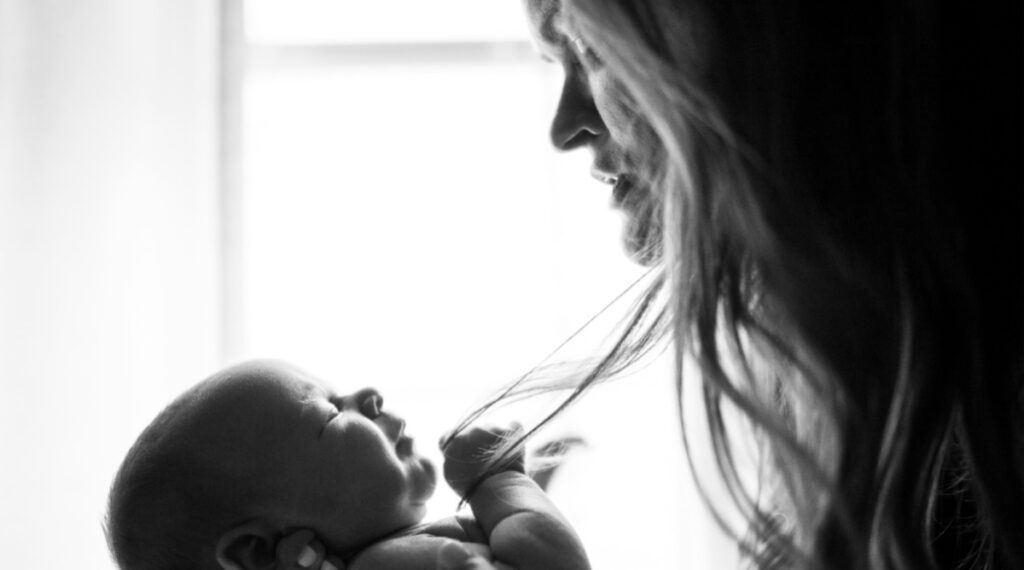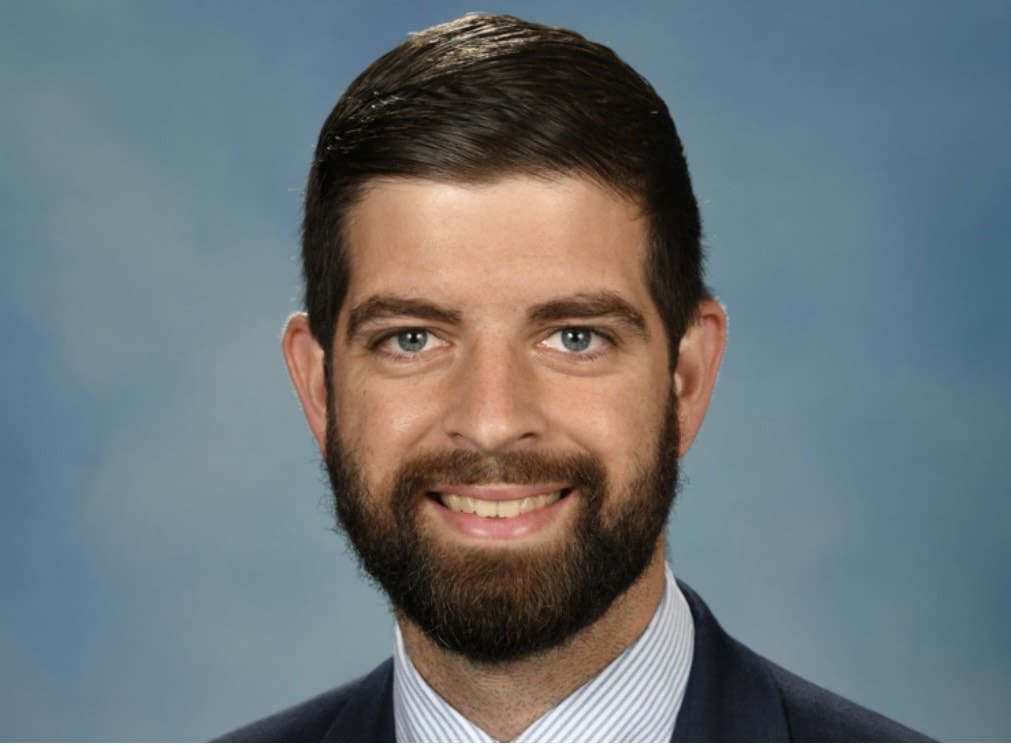Watchfulness and attentiveness are critically important postures in the spiritual life. It makes sense that they are important for the birth of Jesus as well because babies require constant attention and an ever-watching eye.
I have seen this to be true with the birth of my third child, Abigail.
My wife, Joanna, and I as well as my four-year-old and two year old are constantly watching her sleep, desiring to hold her and staring at her as she sits peacefully. Before I go to bed at night, I find myself hovering over her bassinet – not unlike Mary and Joseph over the manger – and staring at Abby as she rests.
The watchful nature that my family has towards Abigail is natural. We do so out of love but also out of instinct.
Advent seems to shout out the importance of these qualities throughout the season. John the Baptist, and Jesus himself, proclaim that we must be vigilant and alert for the coming of God. Particularly, the magi and shepherds offer us a great recipe for how to receive the God-child as we approach Christmas day.
“Now there were shepherds in that region living in the fields and keeping the night watch over their flock” (Luke 2:8). The shepherds were vigilant at all times, but especially in the dark. They needed to ensure the safety of their sheep as well as their own safety. Night was when they were most vulnerable to attack from wolves or thieves. The night was a cause for great attentiveness.
It is in the seemingly routine watchfulness of their job that they receive the most important message ever given: God will be born among us.
The three magi are similar in their vigilance. They arrive before King Herod and ask him, “Where is the newborn king of the Jews? We saw his star at its rising and have come to do him homage” (Matthew 2:2).
These three men were studying (most likely for years) the facts revolving around the birth of this newborn King of the Jews. They read and studied and watched for all of the signs (even the ones in the physical heavens). Their lives were consumed by the coming of this King. They were captivated by him.
The attentiveness of the shepherds and the consuming watchfulness of the magi have been on my mind as my daughter Abigail continues to grow. The infant watchfulness with my own child represents the invitation for my prayer life to be this captivated by the baby born in Bethlehem. It is easy for me to hold Abby and to look at her with love. It is infinitely easier for God to look at you and me that way. However, the challenge of preparing for Christmas is to be willing to be as fascinated with Christ as we are with our infant children.
This can be practically lived out in two simple ways.
First, stare at Him. Whether it is prayerfully looking at the manger scene in your home or contemplating the crucifix on your wall – make an effort to sit and adore the God of the universe who was born among us. This makes us become like the magi and shepherds. This makes us watchful and vigilant for God’s entrance into our lives.
Second, pray constantly. Parents must give constant care to their babies. Without this the child could easily get injured or be neglected. God becomes a baby to show us that our relationship with him is dependent on a response. The invitation is to make our lives revolve around serving and adoring this King of Kings.
So, when you get frustrated and down or when you get the season’s joy – turn to the Christ-child and be with him. Be like the shepherds and the magi. Have infant watchfulness as we approach Christmas – and be transformed by what you see.




